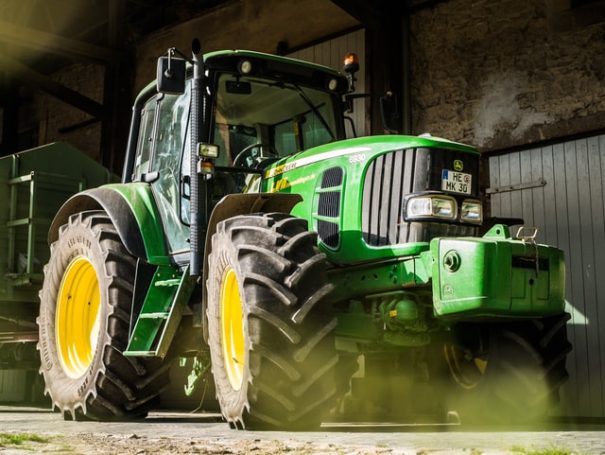
If you are new to owning a tractor or any other farm vehicle, you’ll be pleased to know that there are some simple things you can do every day to make sure your vehicle is in top condition.
After the first few times of the routine, just like anything else, it will become a process that you do without needing to think about the next step.
Visual
One of the first things you will do each day is a visual inspection of your tractor or farm vehicle. When you do this inspection, you look for loose cables, tears in the tires, dirt build-up, and leaks.
You’ll need specialised wheels and tyres for agriculture when it comes to your tyres. They are hard-wearing, thicker, and can handle all of the different materials your wheels will need to go over.
As you go through the visual inspection, you’ll need to check that all safety features are in good working order. Check the hazard lights, the headlights, the windscreen wipers, the fuel filter, indicators, and more.
Coolant levels
All vehicles will lose or use fluid over time, and farm work is no different. Usually, a tractor will need a more significant amount of coolant. Each day check all fluid levels but pay careful attention to the radiator fluid.
If you notice that the coolant is being lost rapidly, you should look for a leak.
Drive Belt
Any dust or dirt should be removed with air pressure to avoid harming the radiator’s fins. If your vehicle cab has ac, take a moment to inspect the condenser and clear any accumulated debris.
If you’re using a pressure washer to clean your radiator, be careful not to bend the fins or harm the seals or other systems.
Fuel
When you get your tractor or another farm vehicle, it is a good idea to have a fuel bowser. Having a full-fuel browser will mean that you are never caught short when it comes to the fuel for your farm vehicle.
It is a good idea to make sure that your tractor has a fresh top-up of fuel every day before you start work. If you have just purchased your farm vehicle, or it isn’t used often, then it is good to get rid of any fuel that may be over three months old—a great way to tell if there is any sediment or water in the bowl.
When deciding on the fuel you are going to use, choose a fuel that has additives, like anti-gelling additives; this is even more important in cold climates.
Air filter
You don’t need to do this daily, but it is a good habit to foster anyway. There may be crop or weed build-up on the radiator and grill screen, depending on your tractor’s work.
Most modern air filters have a bigger outer filter and a smaller inner (backup) filter. The inner filter must not be removed unless it has to be replaced.
Remove the outer filter if it is unclean and blow it out with no more than 35 psi airflow before replacing it in the housing. Before closing the housing, clean it to remove any debris or dust.
Vehicle repair and maintenance are key parts of keeping your vehicles running well; here is more information about agricultural vehicle care: Vehicle repair – Agriculture – HSE.


